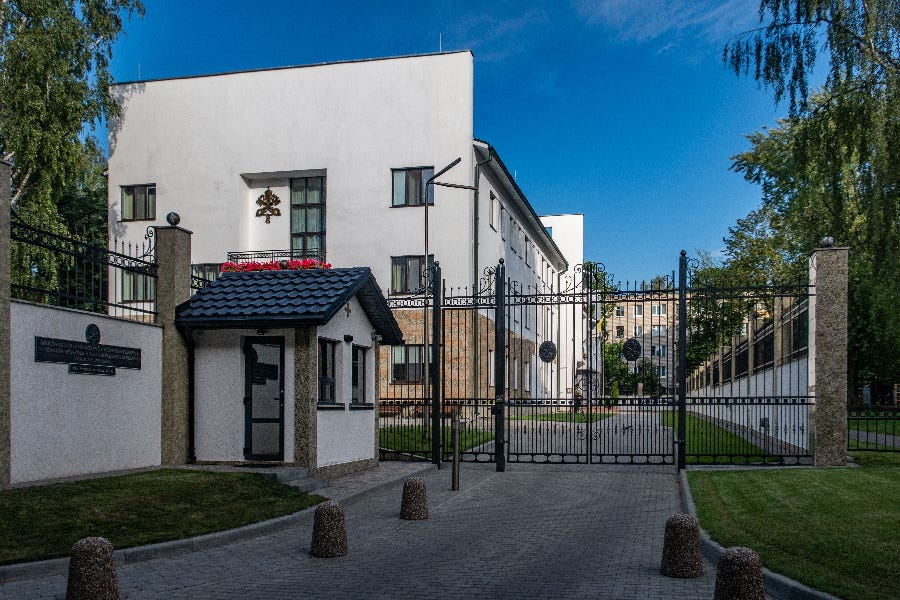The Vatican’s delicate diplomatic vacancy
Rome needs a new nuncio for Belarus, 'Europe’s last dictatorship'
Archbishop Ante Jozić, the outgoing apostolic nuncio to Belarus, celebrated a farewell Mass Sunday at the baroque Catholic cathedral in the capital, Minsk.
Jozić, a 57-year-old Croatian prelate, has served as the Vatican’s ambassador to the country dubbed “Europe’s last di…

